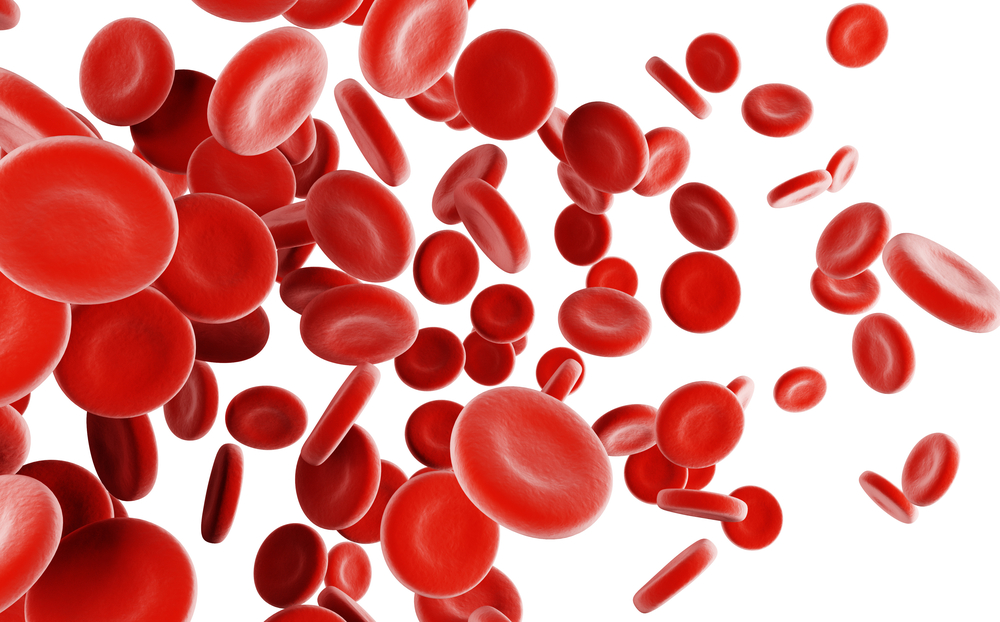Certain Sarcoidosis Patients May Be at Risk of Blood Cancer, Study Says
Written by |

Most patients with sarcoidosis have a similar risk of cancer compared to the general population, but some patients with more a more advanced form of the disease may have twice the risk of developing blood cancer, according to results from recent research.
The study, “Risk Of Malignancy Among Patients With Sarcoidosis: A Population-Based Cohort Study,” was published in the journal Arthritis Care & Research.
Some previous studies revealed that patients were diagnosed with cancer shortly before or after finding out they had sarcoidosis. However, subsequent reports provided inconsistent results regarding the possible association between the two conditions, with results ranging from no association to a significantly elevated risk.
A research team analyzed the medical records of 345 patients with sarcoidosis in Olmsted County, Minnesota, between Jan. 1, 1976, and Dec. 31, 2013, to investigate the disease’s association with cancer. Data were compared to that of age- and gender-matched 690 people without sarcoidosis.
The analysis revealed no difference in the prevalence of cancer between the groups at the study’s start. During follow-up, 36 patients with sarcoidosis and 91 control individuals developed cancer, with a cumulative incidence at 10 years of 3.8 and 7.1 percent, respectively.
Also, the cumulative incidences at 10 years for individual types of cancer were similar between the two groups. However, patients with extra-thoracic involvement of sarcoidosis were found to be at a higher risk for blood cancer (namely chronic myelogenous leukemia, diffuse large B-cell lymphomas, and Hodgkin’s lymphoma), compared with cases without extra-thoracic involvement.
The risk of overall and solid cancer types was also higher among sarcoidosis patients with extra-thoracic disease, but this difference was not statistically significant.
“There was no difference in the prevalence and cumulative incidence of malignancy among patients with sarcoidosis compared to non-sarcoidosis subjects,” researchers wrote. “However, the risk of incident [blood] malignancy was significantly higher among patients with sarcoidosis with extra-thoracic involvement compared to patients without extra-thoracic disease.”
“The risk of incident [blood] malignancy was almost double among those with extra-thoracic involvement compared to those with only intra-thoracic disease,” they added. “This finding suggests that the risk of malignancy is elevated only in the subgroup of patients with more extensive disease.”
The researchers hypothesized that the increased proliferation of lymphocytes (cells of the immune system), which is typical in sarcoidosis patients, could increase the likelihood of mutations and subsequent cancer development.





